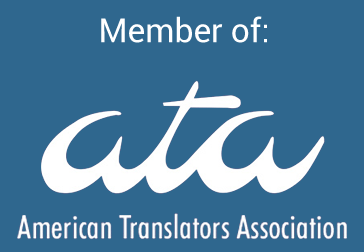English Language
The number of people who speak English as a first language is estimated to be anywhere between 360 and 500 million. Native English speakers live in the United Kingdom and the United States, as well as in many of the countries that once belonged to the British Empire, such as Canada, Australia, Jamaica, and Singapore.
But that’s not everyone who speaks English — as many as a billion people worldwide are estimated to speak (or have studied) at least some English.
English is an official language in over 60 countries in the world. Among them is India, a country of over a billion people which has over 20 officially recognized languages. In the north of India, people speak Indo-European languages such as Hindi and Gujarati; in the south, Dravidian languages such as Tamil and Malayalam are spoken. English serves as a bridge for people of different linguistic heritages to understand one another.
English is the official language of the air — in other words, pilots need to identify themselves to air traffic controllers in English, and airline crews are required to speak English.
It’s also an official language of many international organizations, among them the United Nations, the European Union (though its status as an official EU language is in jeopardy due to Brexit), the World Health Organization, and the International Olympic Committee.
The scientific community has also embraced English as its common language; in a letter to its membership, the president of the European Public Relations Education and Research Association (EUPRERA) reported that “more than half of the world’s technical and scientific periodicals […] are in English.” He also reported that, as early as in 1997, 95% of the material in the Science Citation Index was published in English.
Even in non-English-speaking countries, some companies are now mandating that English is their official language of business. For example, the Harvard Business Review explains that Rakuten, an online merchant based in Japan, decided to make English their official language in 2010, in order to reach their goal of becoming “the number one internet services company in the world.”
Outside of academia and business, the English language continues to dominate other media as well, in particular traditional publishing and the Internet.
How big is the English-language market for books? Per the Association of American Publishers, the publishing industry in the United States was valued at over $28 billion in 2014, with over 2.7 billion units sold. According to the International Publishers Association, in 2013, over 300,000 titles were published in the United States, and 184,000 in the United Kingdom.
English dominates the Internet – according to some estimates, 80% of the information saved on the world’s computers is in English. Likewise, some surveys indicate that 53% of websites are written in English to this day.
Given the importance of English the world over, it should come as no surprise that English also dominates the translation market. A paper by Jacques Mélitz for the Centre for Economic Policy Research explains that English as a percentage of translations has only increased over time:
When English represented about a quarter of the world publishing market in the early 1960’s, the percentage of English in translations was already 40%. With the general advance of literacy and standards of living in the world, the share of English in world publishing fell to around 17% in the late 1980’s. Yet the language’s share in translations rose to surpass 50% during this time.
In the twenty-first century, English has established itself as the language by which people from different nations and cultures communicate with one another, and the importance of polished, understandable English can’t be understated.

Live Customer Support Hours
Sun.–Thur. 8 a.m. to midnight CT
Fri. and Sat. 8 a.m. to 6 p.m. CT
Submit Documents 24/7
Contact Us 855-500-2720

